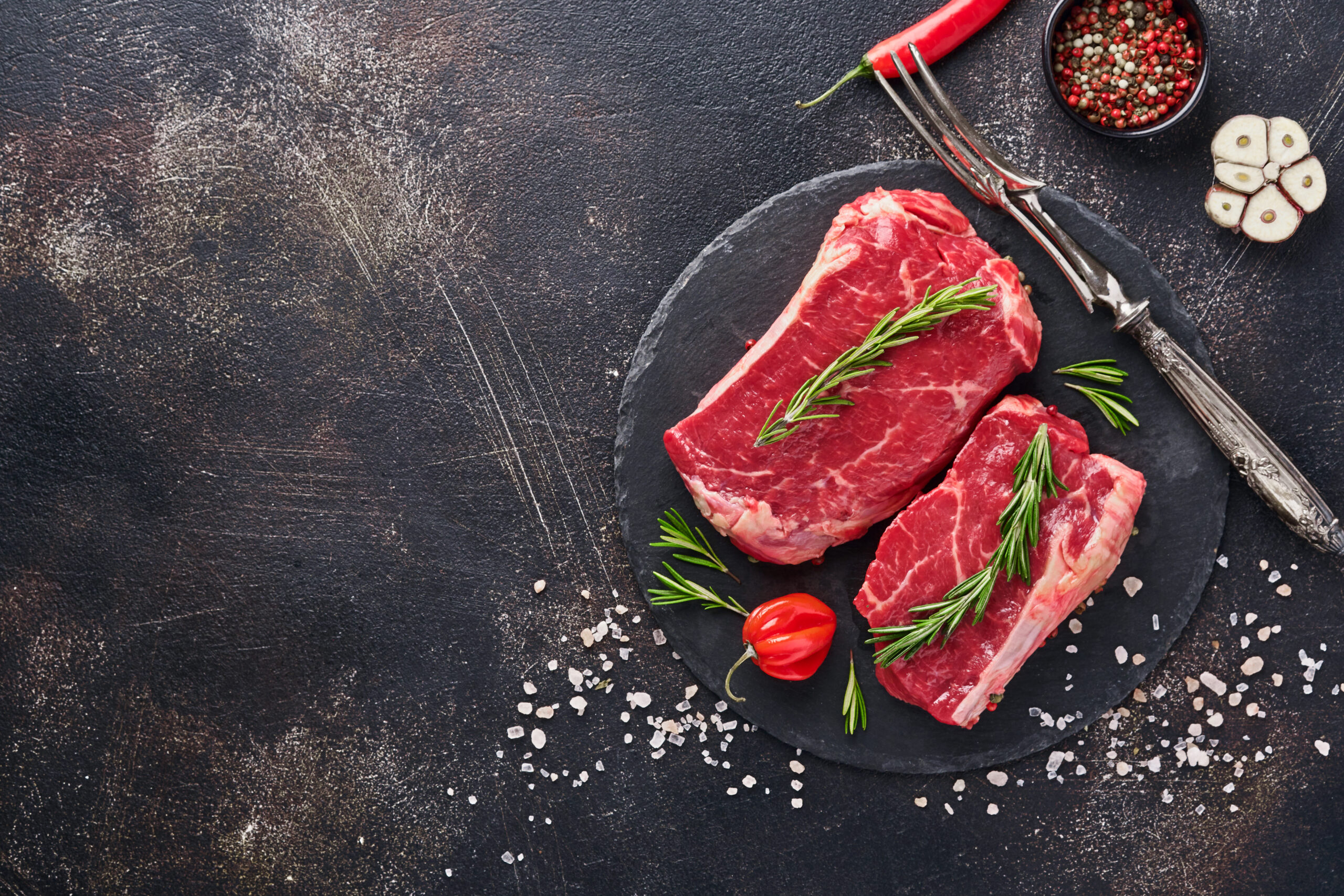Table of Contents

Despite viral social media trends promoting raw meat diets for muscle gains, health experts warn of dangerous bacteria and nutritional imbalances that could sabotage your fitness goals and put your health at risk.
At a Glance
- Social media influencers like "Liver King" have popularized raw meat diets despite serious food safety concerns
- One in six Americans contract foodborne illness annually, with 28% of cases linked to meat, poultry, and seafood
- Cooking meat properly eliminates harmful bacteria while improving the bioavailability of certain nutrients
- Balanced nutrition combining properly cooked proteins, complex carbohydrates, and healthy fats provides safer, more effective muscle-building results
The Raw Meat Movement and Its Dangers
The trend of consuming raw animal products has gained traction on social media platforms, led by figures like Brian Johnson, better known as "Liver King." This influencer promotes an "ancestral lifestyle" centered around nine tenets: sleep, eat, move, shield, connect, cold, sun, fight, and bond. His approach includes eating raw organ meats and following intense workout regimens, attracting millions of followers seeking rapid muscle development and improved fitness. However, health professionals have expressed serious concerns about the safety and efficacy of such practices.
Raw meat can harbor dangerous bacteria like E. coli, Salmonella, and Listeria that are normally killed during cooking. Contamination can occur at multiple points during processing, packaging, storage, and shipping. For those consuming raw organ meats like liver, additional risks include vitamin A toxicity and exposure to environmental toxins that accumulate in organ tissues. These health hazards far outweigh any purported benefits of mimicking ancestral eating patterns.
Muscle Building: Facts vs. Fiction
Proponents of raw meat diets claim the practice enhances muscle development by preserving enzymes and nutrients supposedly destroyed during cooking. However, scientific evidence contradicts these claims. While certain water-soluble vitamins may decrease slightly during cooking, the process actually improves the bioavailability of many nutrients. For example, cooking increases the body's ability to absorb lycopene from tomatoes and makes protein more digestible by denaturing its structure.
Effective muscle building requires adequate protein intake, proper training, sufficient recovery, and balanced nutrition—not raw meat consumption. Studies show that consuming 1.6-2.2 grams of protein per kilogram of body weight daily, combined with resistance training, optimizes muscle growth. This protein can come from properly cooked meats, poultry, fish, eggs, dairy, or plant-based sources, all of which provide the essential amino acids needed for muscle synthesis without the risks associated with raw consumption.
Balanced Alternatives for Muscle Development
Rather than risking health with extreme raw meat protocols, nutrition experts recommend balanced approaches to muscle building. A diet featuring lean proteins cooked to safe temperatures, complex carbohydrates for energy, healthy fats for hormone production, and ample fruits and vegetables for micronutrients provides the necessary building blocks for muscle growth without compromising safety. When combined with progressive resistance training and adequate recovery, this approach delivers sustainable results.
Some individuals drawn to raw food philosophies may prefer plant-based options. Fred Bisci, Ph.D., a clinical nutritionist with decades of experience, suggests: "You come to me and say 'Look, I'm not becoming a vegan, can you still help me?' Yes, I can still help you. It all starts with leaving out processed foods." This highlights that the primary dietary factor in improving health and athletic performance may be eliminating ultra-processed foods rather than consuming raw animal products.
The foundation of effective muscle building remains consistent: consume sufficient protein from safe sources, follow a structured resistance training program, ensure adequate sleep and recovery, and maintain proper hydration. These evidence-based approaches yield reliable results without the serious health risks associated with raw meat consumption. Remember that sustainable fitness progress comes from consistent application of proven principles rather than extreme dietary protocols promoted on social media.
